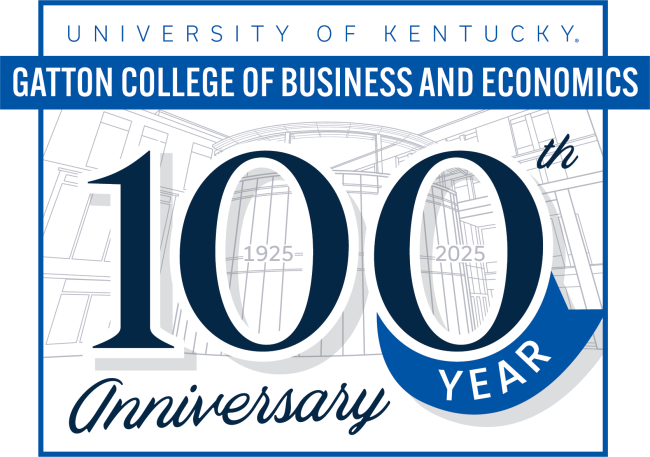Brands not only enhance the positive impact of marketing initiatives, but also buffer the firm from the full consequences of unexpected and negative market shifts. While this protective effect has been demonstrated for firm-specific events (e.g., product recalls, public relations crises), its impact has not been observed in response to market-wide environmental shifts. Our study demonstrates the buffering properties of strong brands in exactly such a context: the passing of new legislation. By examining responses to the introduction of the Sarbanes-Oxley Act of 2002, we show that (1) firms exhibit a rapid and homogeneous response as they comply and adjust strategy to a new environmental incentive/cost structure; (2) from a marketing perspective, this homogeneity in competitive responses leads to a systemic decrease in marketing efficiency; and (3) stronger brands existing prior to this environmental shift help buffer their companies from this loss in efficiency. We further show that this advantage only holds for the strongest of brands in the market.

